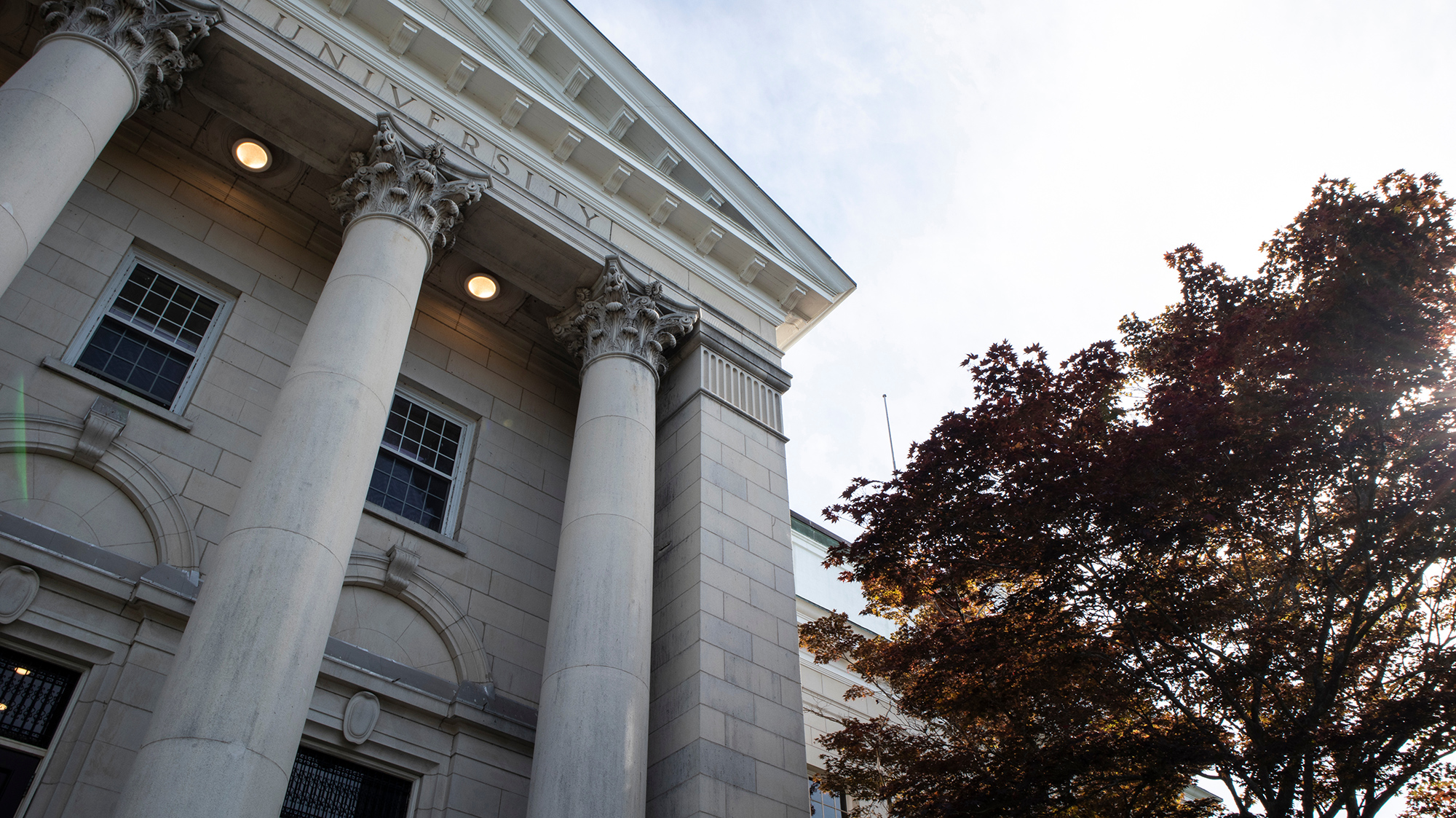
by Dan Roscoe, President of Renewall
For generations, electricity in Nova Scotia has come from a single provider, with little choice and even less transparency. Prices have risen repeatedly and with little warning. While some progress with renewable energy has been made, fossil fuels still dominate the grid. And most Nova Scotians have been left without a real alternative.
But in 2026, that all changes.
Clean, reliable energy from Renewall will soon be available to homes and small businesses across the province. For the first time, you’ll be able to choose how you power your life and it all starts with getting ready now.
There are several ways institutions try to reach net-zero goals, but not all of them result in actual carbon reductions. Here’s how it breaks down:
Offsets: The most accessible tool and arguably the least impactful, carbon offsets work by paying to “cancel out” your emissions by funding projects elsewhere. There is no actual reduction in emissions. The offsets are often unverifiable and sometimes questionable in credibility.
RECs (Renewable Energy Credits): Buying the accounting rights to clean power generated somewhere else. It’s a paper solution, again with no actual emissions reduction or decarbonization on your campus.
Electrification: A strong move, but it only reduces emissions if the electricity is clean. Electrifying while still connected to a fossil-heavy grid doesn't solve the problem initially, although it may prepare your campus for a future where renewable energy is more accessible in your region.
Local Renewable Supply: This is the gold standard. Replacing the electricity you actually use with clean, grid-connected, renewable power, ideally generated close to home.
For many universities, electricity use is their single largest source of emissions. These are called Scope 2 emissions: indirect emissions from purchased electricity.
In Nova Scotia, this matters even more. While progress is being made, particularly with clean energy providers like Renewall, our grid remains one of the most fossil-fuel-intensive in Canada. This means that every kilowatt-hour replaced with renewables makes a real and immediate difference.
Beginnning in 2026, Renewall will deliver clean electricity from the Mersey River Wind project, right here in Nova Scotia.
This isn’t a theoretical offset or a renewable certificate traded in another jurisdiction. It’s clean, grid-connected wind energy that flows through the same infrastructure you already use, no on-site buildout required.
When you switch to Renewall, you’re reducing actual emissions. No greenwashing. No accounting tricks. Just cleaner energy for the buildings, labs, dorms, and classrooms that make up your campus.
And switching to clean electricity lays the groundwork for so much more:
Cleaner buildings: Electric heating and cooling systems work best when powered by renewables
EV readiness: Charging stations become part of a low-carbon system
Scope 3 engagement: Procurement, food systems, and transportation can all be tackled more meaningfully once your own operations are on solid footing
It also sends a clear message to students, staff, and funding bodies: we’re serious about climate action.
Universities are uniquely positioned to lead, not just by setting goals, but by making visible, verifiable progress toward them.
If your institution has a net-zero target, switching to clean electricity is the most credible place to start. And if you haven’t made a commitment yet, this is the fastest way to show you're ready.
Contact Renewall today to begin your transition to 100% renewable electricity. We’ll help you take the first step, and make sure it’s one that truly counts.
Dan Roscoe is the President of Renewall Energy, a renewable energy provider, and CEO of Roswall Development, a renewable energy developer, both based in Halifax, Nova Scotia. His work is focused on building the infrastructure for a cleaner, smarter energy future across Canada and beyond.